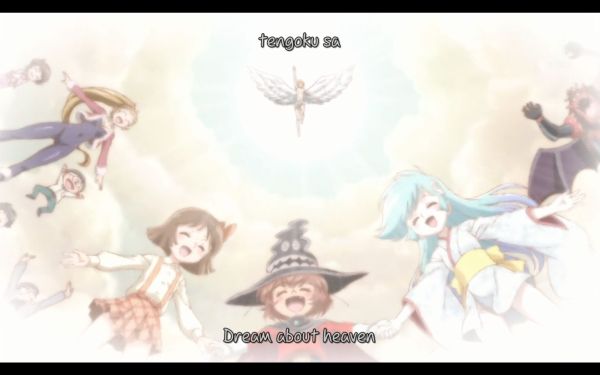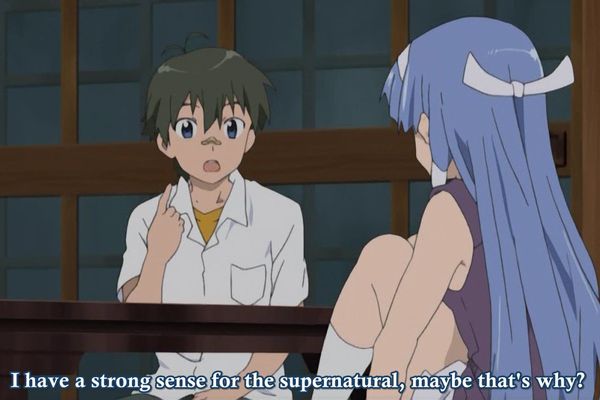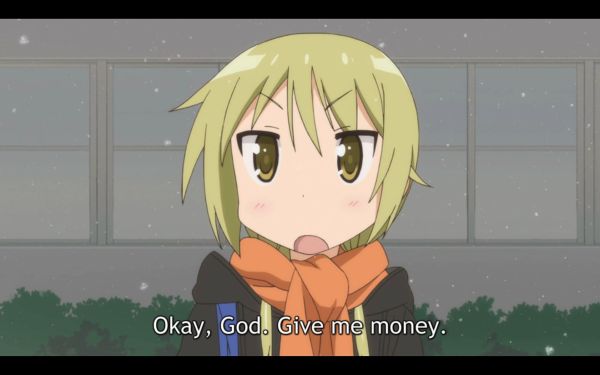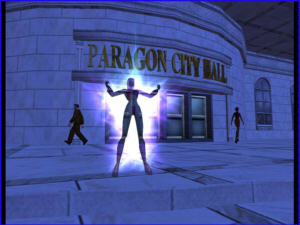
“Dream about Heaven” – individual bliss or Divine Nature?
“The renunciation of the contemplative does not at all have the aim of accumulating merits for the sake of individual bliss; it serves to put the soul, by what one might call radical measures, into the most favorable possible state for realizing its own infinite Essence.” – Frithjof Schuon, Prayer Fashions Man.
This sounds eerily familiar. Didn’t I try (and perhaps fail) to express some of the same in my entry last month, “Ascesis“? I think I said entirely too much, while Schuon may lean in the other direction. He condenses things into crystal clarity, but it also has some of the diamond’s hardness. Not easily chewed and digested.
And no, I haven’t read this book before. But it is not like we are the first two to think of this, I am sure.
“Accumulating merits for the sake of individual bliss” – this is what modern atheists call “pie in the sky when you die”. Rack up bonus points in Heaven so you can get a good seat, by doing good but unpleasant things and not doing pleasant things that you want to do. Then sit and watch the idiots who failed to rack up bonus points, as you look down on them in eternity with a big grin.
But the reality of a Christian (or another practitioner) is something entirely different. Life is hard enough without fulfilling the fantasies of atheist stereotypes. It may be that we start out with a desire for individual bliss, or at least (in my case) a desire to escape Hell. We all have to start somewhere. And it may be that I would renounce far more than I do, if I had some kind of tally of divine favor points (like in the RPG Darklands, which was loosely based on Catholic Germany of the late middle ages, and where you spent Divine Favor by invoking saints for miracles, then rebuilt your divine favor by spending time in prayer or going to Mass.)
But the way I see it, giving up this or that is not a matter of earning points, it is a matter of taking out the trash first, then usable but obsolete stuff to make room for something better. Not just something better for me as this bag of flesh, but for everyone, everywhere, at all times. In the last instance Divine nature, but at least as an intermediate step, the Human Operating System version 3. It seems Schuon had it too, no big surprise there.



